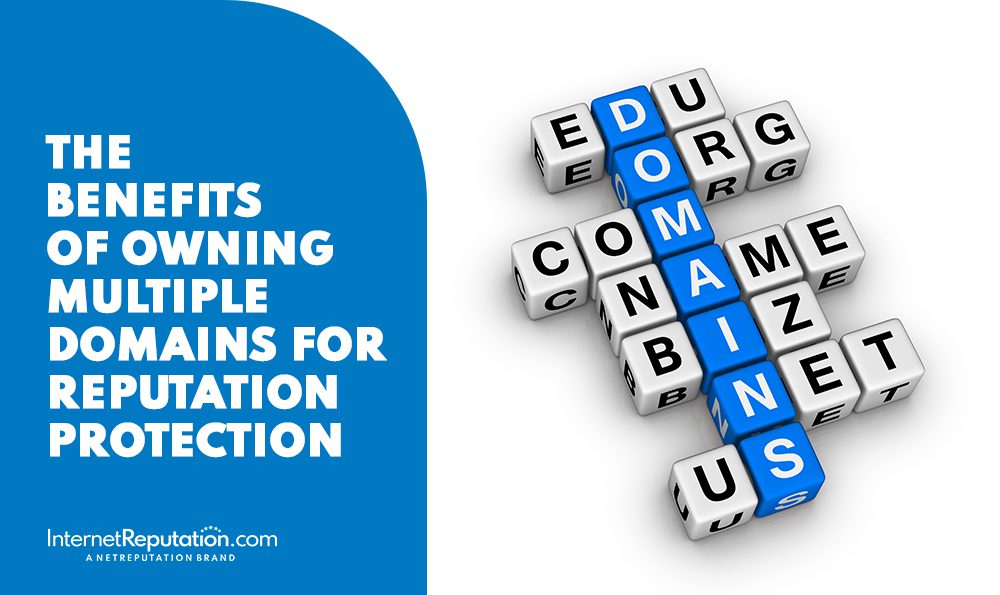Customer Relationship Management: The Bridge Between Reputation Management and Customer Satisfaction

Understanding your customers, valuing their feedback, and consistently meeting their needs are the pillars of effective Customer Relationship Management (CRM).
As you delve into the world of Customer Relationship Management, you’ll discover how it’s not just a business strategy, but a comprehensive approach that intertwines reputation management with customer satisfaction. By focusing on these elements, you’re committing to a journey that enhances your brand’s image while fostering deeper customer loyalty.
This guide will walk you through the essentials of CRM, showing you how to build positive brand perceptions and improve your customer interactions. You’ll also learn how to turn negative feedback into opportunities for growth and how to gauge the success of your Customer Relationship Management initiatives.
Remember, it’s the subtle art of balancing these aspects that can set you apart in today’s competitive marketplace.
CRM Fundamentals Explained
Why should you care about the core principles of Customer Relationship Management (CRM) in your business strategy?
Well, embracing CRM’s core principles is akin to placing a magnifying glass over your customer interactions. It’s about understanding and managing your customer’s journey thoroughly.
By doing so, you’re not just selling a product or service; you’re building a relationship. This strategic approach leads to customer loyalty and, ultimately, to a sustainable competitive advantage.
Analytically speaking, Customer Relationship Management is your playbook for customer engagement. It tells you who your customers are, what they need, and how they interact with your brand.
Empathetically, it’s recognizing their value beyond transactions.
Strategically, it’s the foundation for making informed decisions that enhance both customer satisfaction and your bottom line.
Building a Positive Brand Image
Building a positive brand image requires a robust Customer Relationship Management system that acts as the cornerstone of reputation management efforts. This system not only helps keep track of customer interactions but also enables analysis and understanding of their needs and sentiments.
To touch customers’ hearts and strategically position the brand, the following approaches can be taken:
- Personalize Interactions: Show customers that they are more than just a number by tailoring communication to resonate with their personal experiences.
- Consistently Deliver Value: Exceed expectations by offering exceptional service and products that truly enhance customers’ lives.
- Foster Trust Through Transparency: Be open about business practices and admit to mistakes. This honesty builds lasting loyalty.
Enhancing Customer Interactions
To elevate your brand’s reputation further, you must enhance every customer interaction with a focus on personalized, efficient service. Recognize that each touchpoint is an opportunity to deepen trust and demonstrate your commitment to their needs.
Analyze customer data to tailor conversations and solutions, showing empathy and understanding. Strategically streamline processes to minimize wait times and frustration, ensuring your team is well-trained and equipped to handle inquiries with expertise and grace.
Handling Negative Feedback
When you’re faced with negative feedback, it’s crucial to respond swiftly and thoughtfully, turning potential setbacks into opportunities for improvement and relationship building. Your response strategy should be:
- Acknowledge and Apologize: Recognize the customer’s discontent. A sincere apology can defuse frustration and show that you value their opinion and experience.
- Investigate and Analyze: Dive deep into the issue. Understand the root cause to prevent future occurrences and demonstrate your commitment to excellence.
- Resolve and Follow-Up: Offer a solution that addresses their concerns. Then, check back to ensure their satisfaction, solidifying a bond of trust and care.
Navigating this path requires a balance of analytical insight and genuine empathy, ensuring that every piece of feedback, no matter how negative, is a stepping stone to a stronger customer relationship.
Measuring CRM Success
After implementing your Customer Relationship Management strategies, you must measure their impact to ensure they’re translating into improved customer satisfaction and loyalty. Assess the success by analyzing key performance indicators (KPIs) such as customer retention rates, conversion rates, and service response times.
Consider the Net Promoter Score (NPS) to gauge customer’s willingness to recommend your services, which reflects on your reputation and satisfaction levels.
Dig deeper by segmenting customer feedback – understanding specific pain points allows for targeted improvements. Keep an eye on sales metrics; a positive trend suggests your CRM is aligning well with customers’ needs.
Frequently Asked Questions
How Does CRM Integrate With Other Technology Systems Within a Company, Such as ERP or E-Commerce Platforms?
You’ll find that Customer Relationship Management systems often seamlessly integrate with other technologies like ERP or e-commerce platforms through APIs, enabling a unified flow of data that streamlines your company’s operations and customer interactions.
What Are the Ethical Considerations When Using Customer Data for CRM Purposes, and How Can Businesses Ensure They Maintain Customer Trust?
You must handle customer data ethically, respecting privacy and transparency to maintain trust. Strategically implement clear data policies and empathetically consider customer concerns to ensure CRM practices don’t breach ethical boundaries.
Can CRM Strategies Be Effectively Implemented in a Small Business or Startup Environment With Limited Resources?
You can effectively implement CRM strategies in a small business by prioritizing customer needs, leveraging affordable tools, and focusing on personalized interactions to build trust and foster long-term relationships.
How Does CRM Contribute to Customer Retention and Loyalty in Highly Competitive Markets, Where Price and Product Differentiation Are Minimal?
CRM helps you retain customers by personalizing their experience and addressing their needs proactively, making them feel valued even when products and prices are similar to your competitors.
What Role Does Artificial Intelligence Play in Modern CRM, and How Can Businesses Leverage AI for Predictive Analytics and Personalized Customer Experiences?
You’ll find AI integral in modern Customer Relationship Management, enabling predictive analytics to anticipate needs and crafting personalized experiences to deepen loyalty. It’s a game-changer for staying ahead in a competitive, customer-centric landscape.
⇒ Read our different articles:
–Personal Branding | InternetReputation
–Brand Monitoring and How It Meshes With Your Reputation
–3 Ways to Protect Your Reputation During #MarchMadness
–Reputation Management For Schools Of All Types & Sizes
→ And more, visit our blog!



